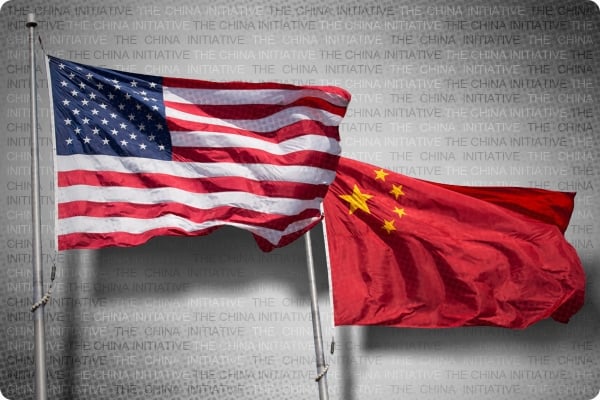After years of tense trade relations and increasing competition between the United States and China, Republican lawmakers are seeking to revive a previously shelved initiative aimed at countering China’s growing influence.
The China Initiative was originally launched in 2018 by the Trump administration as a way to combat economic espionage and intellectual property theft by Chinese entities. The initiative identified and prosecuted individuals and organizations engaged in such activities, with the goal of protecting American businesses and national security interests.
However, the initiative was largely seen as ineffective and overly focused on targeting Chinese nationals, leading to concerns about racial profiling and discriminatory practices. As a result, the Biden administration announced in 2021 that it would be ending the China Initiative in favor of a more strategic and nuanced approach to addressing China’s economic and security threats.
Now, Republican lawmakers are pushing to revive the China Initiative, arguing that the Biden administration’s approach has been too lenient and has failed to adequately address the growing threat posed by China. They point to recent cases of corporate espionage, cyberattacks, and military aggression as evidence of the need for a more robust response.
In a letter to Attorney General Merrick Garland, a group of Republican senators, led by Sen. Marco Rubio, urged the Department of Justice to reinstate and strengthen the China Initiative. They called for increased resources and coordination to combat Chinese economic espionage, along with greater transparency and accountability in the prosecution of cases.
Supporters of the China Initiative argue that China’s economic and security threats are only growing stronger, and that a more aggressive approach is needed to protect American interests. They believe that the initiative, if properly executed, could help to stem the tide of intellectual property theft and corporate espionage that has been a key concern in U.S.-China relations.
Critics, however, warn that reviving the China Initiative could exacerbate tensions with China and lead to increased discrimination against Chinese individuals and businesses. They argue that a more collaborative and diplomatic approach is needed to address the complex challenges posed by China’s rise as a global economic and military power.
As the debate over the China Initiative continues, it remains to be seen whether the Biden administration will heed the calls of Republican lawmakers and reinstate the controversial program. In the meantime, the U.S.-China relationship remains a critical issue for policymakers and analysts, as they grapple with how best to navigate a complex and increasingly competitive global landscape.



